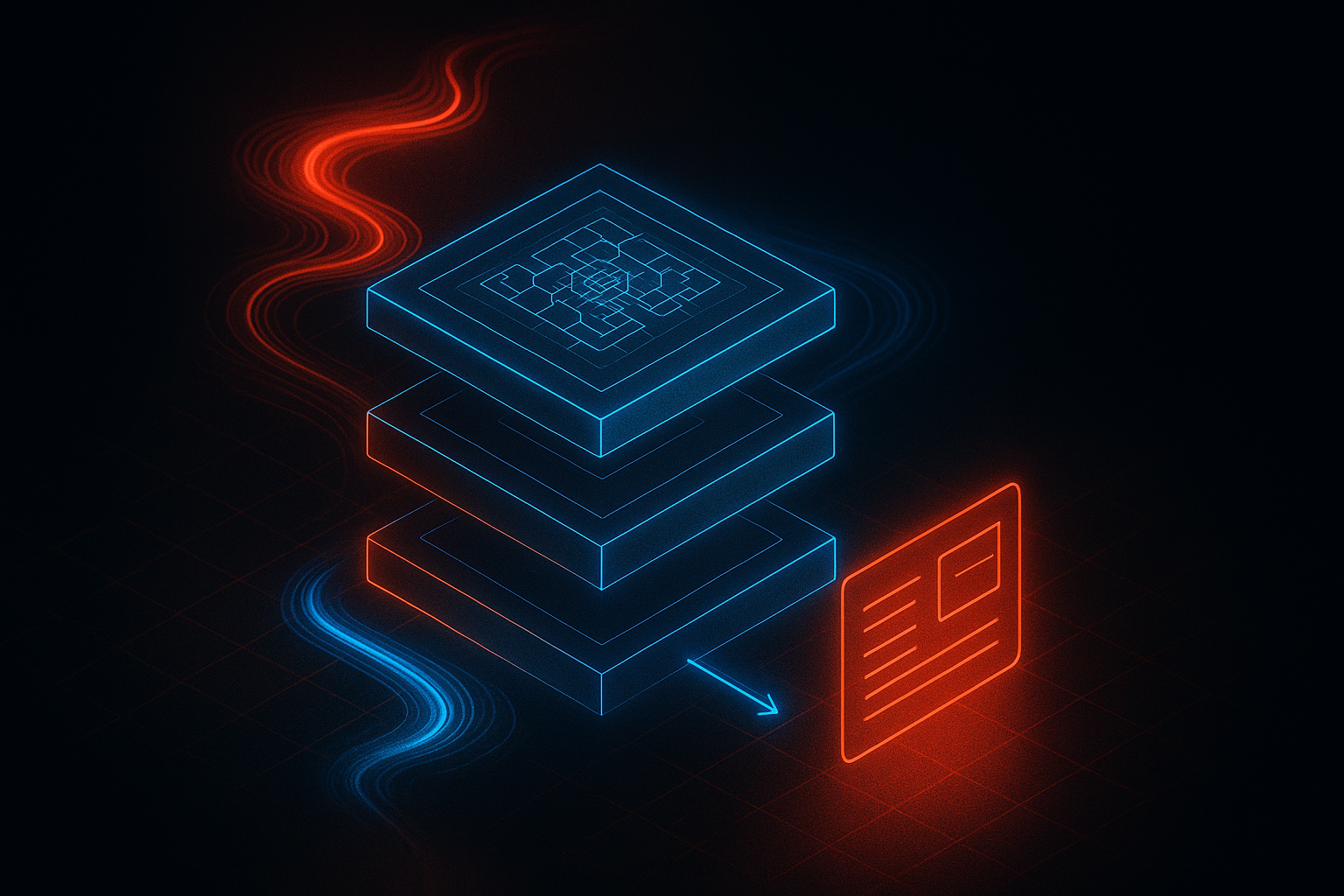Sustainable cloud services are better cloud services
If you design cloud apps that use less energy, chances are they’ll perform better and cost less too, which is on top of the sustainability advantages of the cloud.


When it comes to cloud apps and services, greener is almost always better. If you design cloud apps that use less energy, they’ll perform better and cost less.
That’s on top of the sustainability advantages of the cloud. Cloud data centres are an energy-efficient way to run the world’s apps and services —especially compared to the private data centres they’re fast replacing — and they’re getting better all the time:
- Hardware is becoming more energy efficient as manufacturers compete to drive down the cost of computing and storage.
- Server virtualization reduces energy intensity as resources are shared between apps.
- Cloud and hyperscale data centres are driving efficiency gains with smarter cooling and computing.
A study of data centres globally found that “while their computing output jumped sixfold from 2010 to 2018, their energy consumption rose only 6 per cent”.
This isn’t to argue for complacency — there’s still a long way to go, but the biggest cloud platforms outperform private data centres in energy efficiency and carbon footprint. Now it’s your turn. If you’re building cloud applications or services, there’s a lot you can do to reduce the energy they use (and save money doing it).
Leaner, greener apps
How you design and deploy your cloud app, databases, servers, and storage can all make a big impact on their energy use and carbon footprint.
Our cloud work with Google, Snap, and Waze means we know what it takes to build leaner, greener cloud apps and services. We do this through:
Slow networks
4G and 5G are growing fast, but the research firm Strategy Analytics recently reported that 46% of global phone users still use 2G or 3G networks. Operators may be moving towards sunsetting 2G and 3G in the most advanced markets, but billions of people won’t get 4G and 5G anytime soon.
Any cloud app will work well over the 5G firehose. How well does yours work when sipped through a 3G straw?
Constrained devices
Billions of users access apps from phones that aren’t optimized for complex apps. They might have limited battery power, older browsers, slower chips or a combination of all three (not to mention small screen sizes with low resolution).
Does your cloud app run smoothly on devices with more basic, less powerful hardware?
Under-served locations
There are billions of people in less developed countries. Still, you won’t reach them if you’re not building cloud apps for everyone, including those whose locations or languages aren’t always considered. Your cloud app can bridge that divide.
Your cloud app works beautifully in the world’s well-served cities. But what about under-served populations in rural areas and less developed cities?

Small changes? Big impact.
These kinds of architectural changes may sound small, but the impact can be massive: For us, it’s not unusual to cut the energy use and carbon footprint of a cloud app in half when we optimize the way it uses resources. And the gains are available to cloud-native and legacy apps that you might be moving to the cloud (which is often reason enough to get those apps out of your private data centres).
The big lesson here is: designing cloud apps well is a win-win-win proposition: By intelligently harnessing the advantages of cloud architectures and tools, you can not only drive down energy use and carbon emissions, but you also improve app performance and your user’s experience — all while driving down the cost of running your apps.








